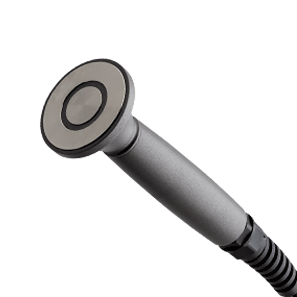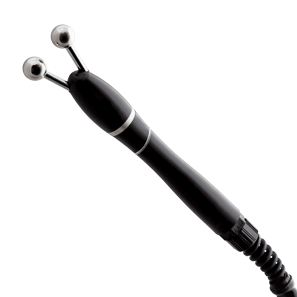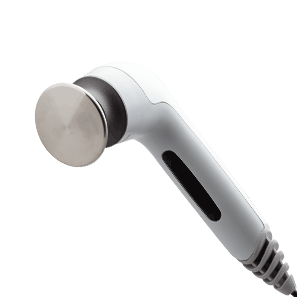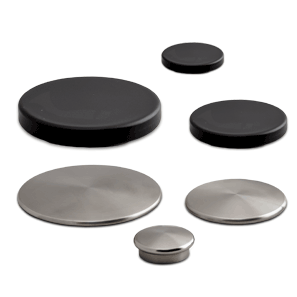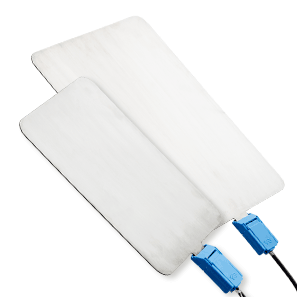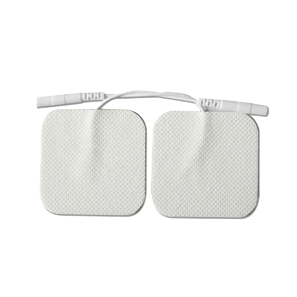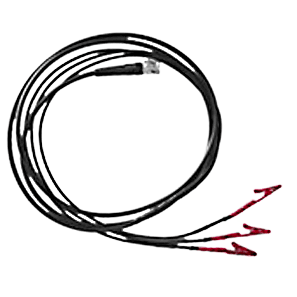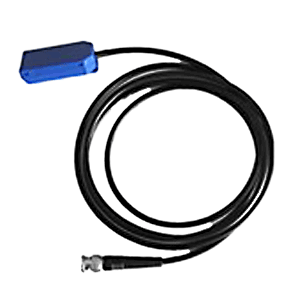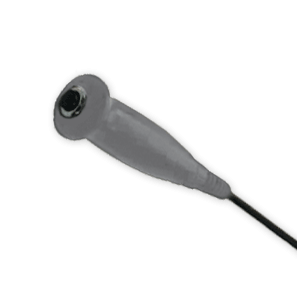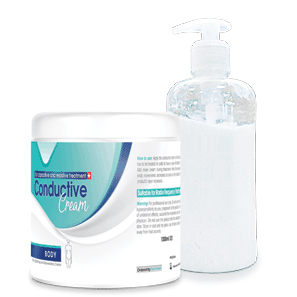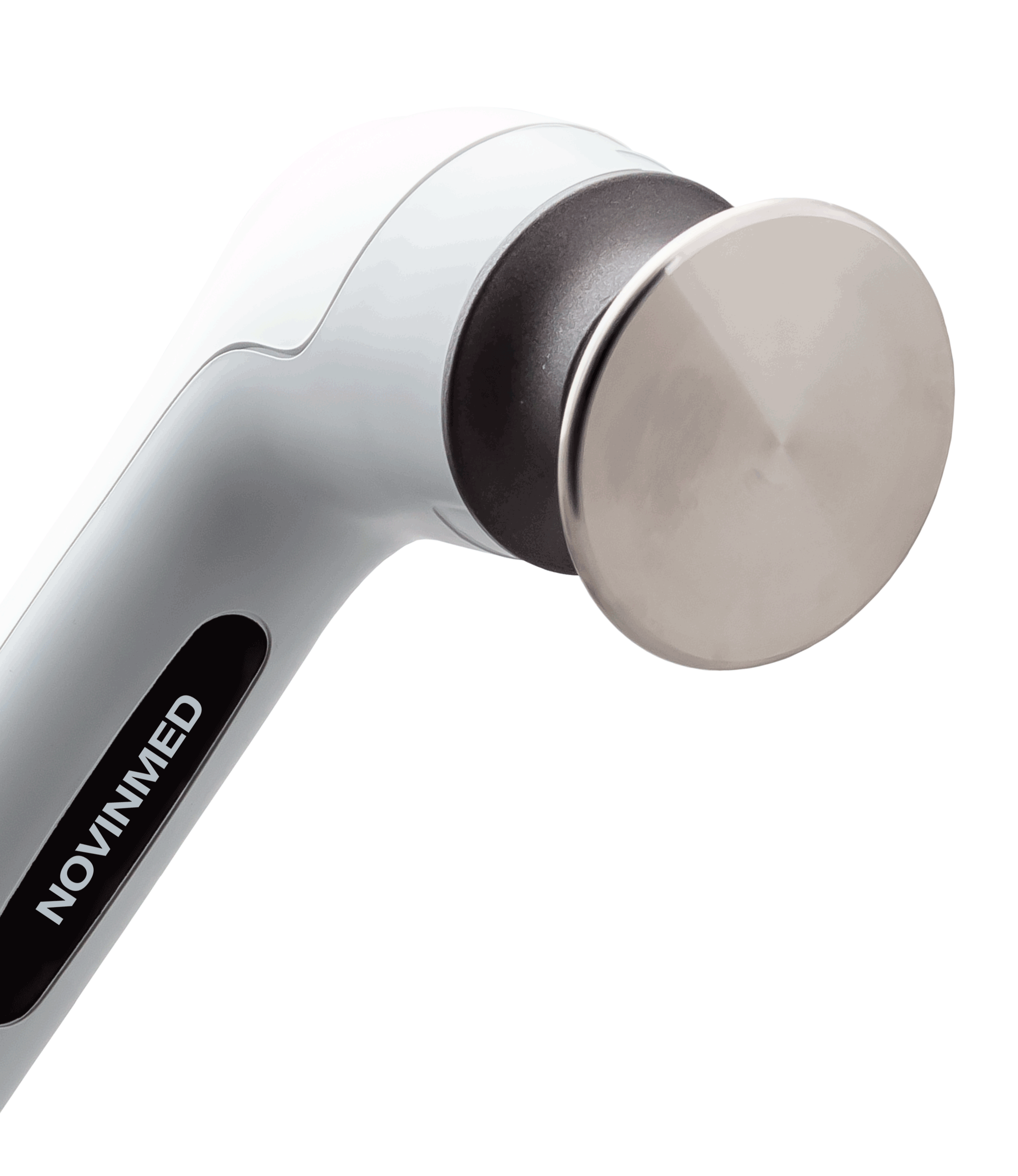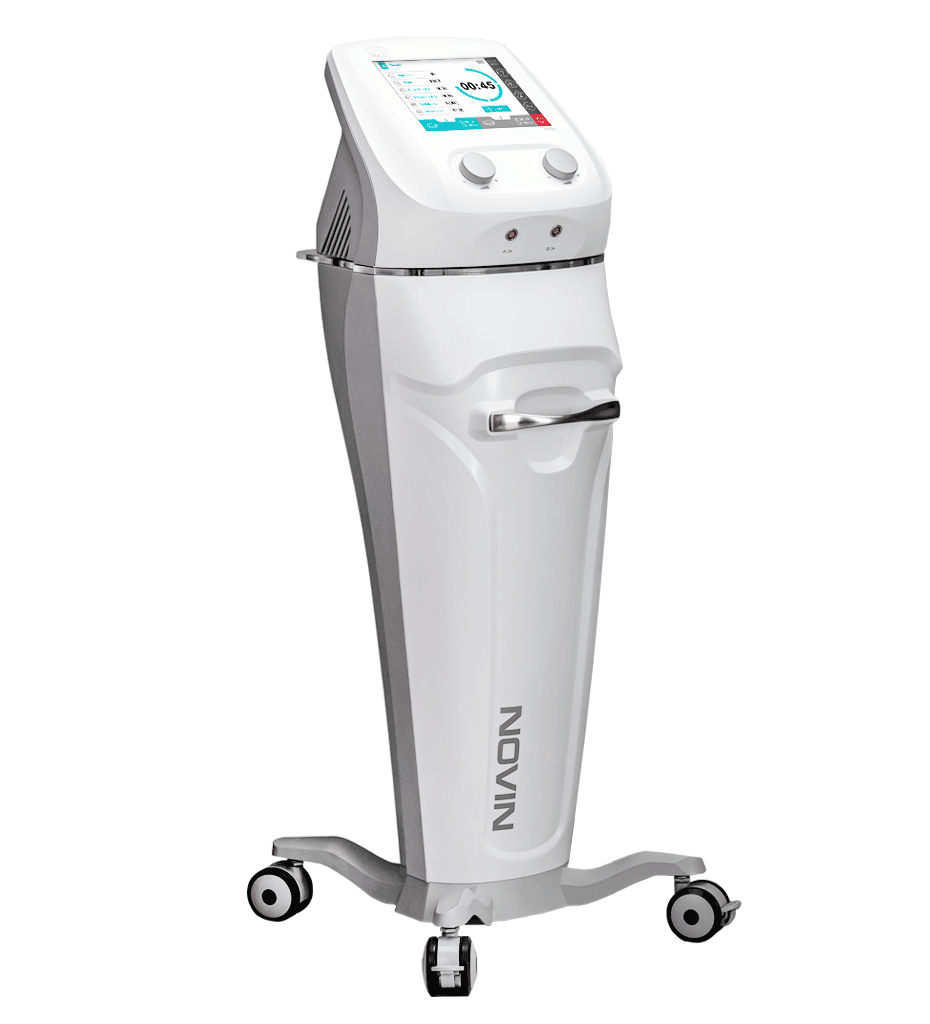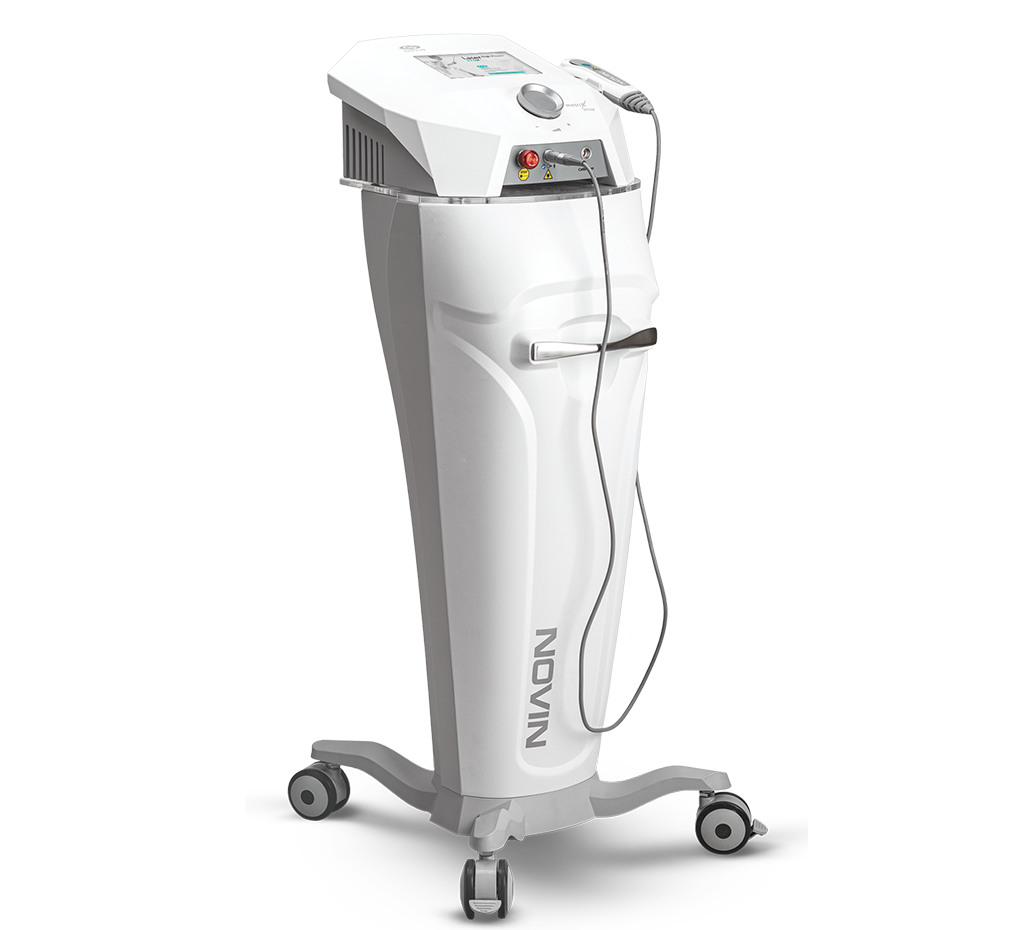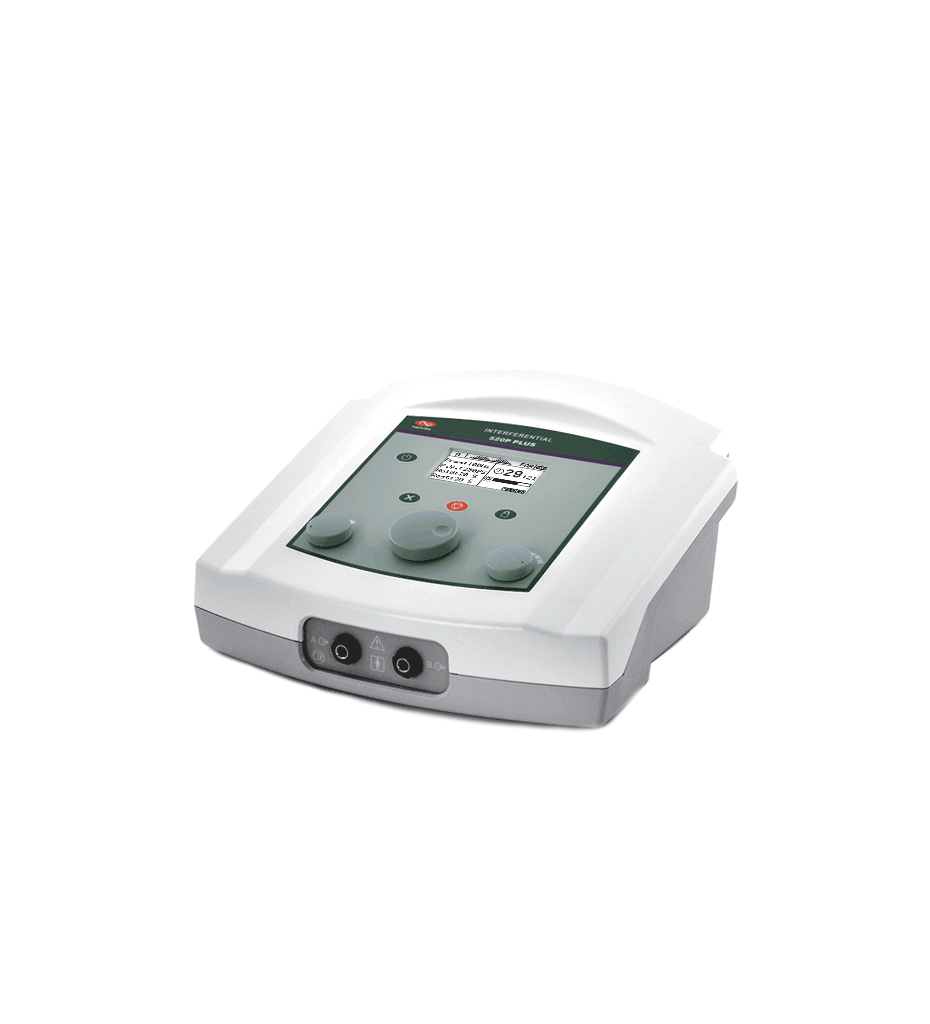-
CE standard
-
Manufacturing license from the General Directorate of Medical Equipment of Iran
-
2 years warranty and 10 years after sales service
-
Hours of video and audio training content
-
Knowledge-based physiotherapy equipment designer and manufacturer
TECAR Therapy Tecar 560G
The Tecar 560G is a therapeutic device made by Novin that is designed and offered in the Grand Series product category. The maximum output power of this device is 120 V-A and it has three modes: Sweep, Pulse, and Continuous. The RF current frequency in Continuous and Pulse modes can be adjusted to 350, 448, 680, 900, and 1100 KHz.
The 560G has 33 treatment programs, each with detailed explanations and images of the treatment area and placement. A 10-inch color touch screen is used and an optimally designed user-friendly with maximum satisfaction.
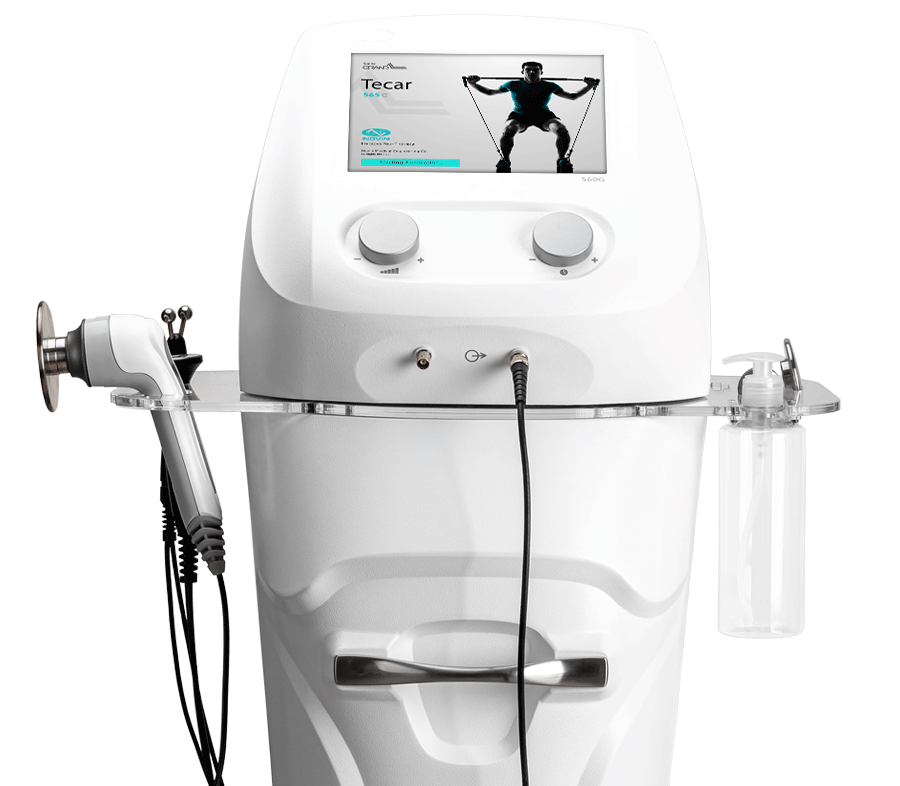
About Modality
Transfer Energy Capacitive and Resistive (TECAR) is a modern and advanced therapeutic method in physiotherapy that has recently been introduced into the fields of sports medicine and improving musculoskeletal problems. This non-invasive therapy modality has achieved great success in the field of physiotherapy by relieving bone, joint, soft tissue, and other injuries.
Generally, TECAR is one of the thermotherapy methods used to generate deep heat within tissues. An alternating current in the RF frequency range is applied to the skin surface by two electrodes. This device creates deep heat and helps treat spasms, reduce pain, and repair damaged tissues. Additionally, this heat increases blood supply and therefore oxygen and nutrients to the tissue, ultimately increasing cell metabolism, accelerating tissue healing processes, and relieving pain.
Treatment Applications
The TECAR device produces radiofrequency waves that transfer energy to body tissues. The cells making up the tissues contain negative and positive ions. When a DC current is applied to a cell, negative ions move towards the positive pole and positive ions move towards the negative pole, remaining there until the end of the stimulation. However, if the polarity of the current changes alternately at a high frequency in the RF range, the ions move rapidly back and forth between the electrodes, which is called ionic agitation. The kinetic energy resulting from this rapid ion movement generates heat in the tissue.
The heat created in the tissue immediately reduces pain. With the dilation of blood vessels, blood circulation increases, contractions are reduced, and the lymphatic system’s absorption power increases.
TECAR therapy can be used for the following therapeutic applications:
-
tendonitis
-
Peripheral nerve damage
-
bursitis
-
Arthritis
-
Spondylosis
-
Spasms and other muscle injuries

Advantages
-
A non-thermal effect on low powers for treating pathologies sensitive to high temperatures.
-
A high-resolution graphical display with capacitive touch technology provides ease of use.
-
Control tissue temperature during treatment A pulse mode with the ability to adjust the on and off time of the radiofrequency current to.
-
he device software can be updated easily by using USB port and can also be connected to Wi-Fi.
Standard Accessories
-
Bipolar handpiece
-
Bipolar facial handpiece
-
Monopolar handpiece
-
Resistive and Capacitive heads (35-60-85)
-
Stainless steel common plates (Small and Large)
-
Self-adhesive electrodes
-
Handsfree cable
-
Cables for Stainless steel common plates
-
Patient emergency button (for handsfree mode)
-
Conductive RF Cream (1000ml)
Optional Accessories
-
Trolley
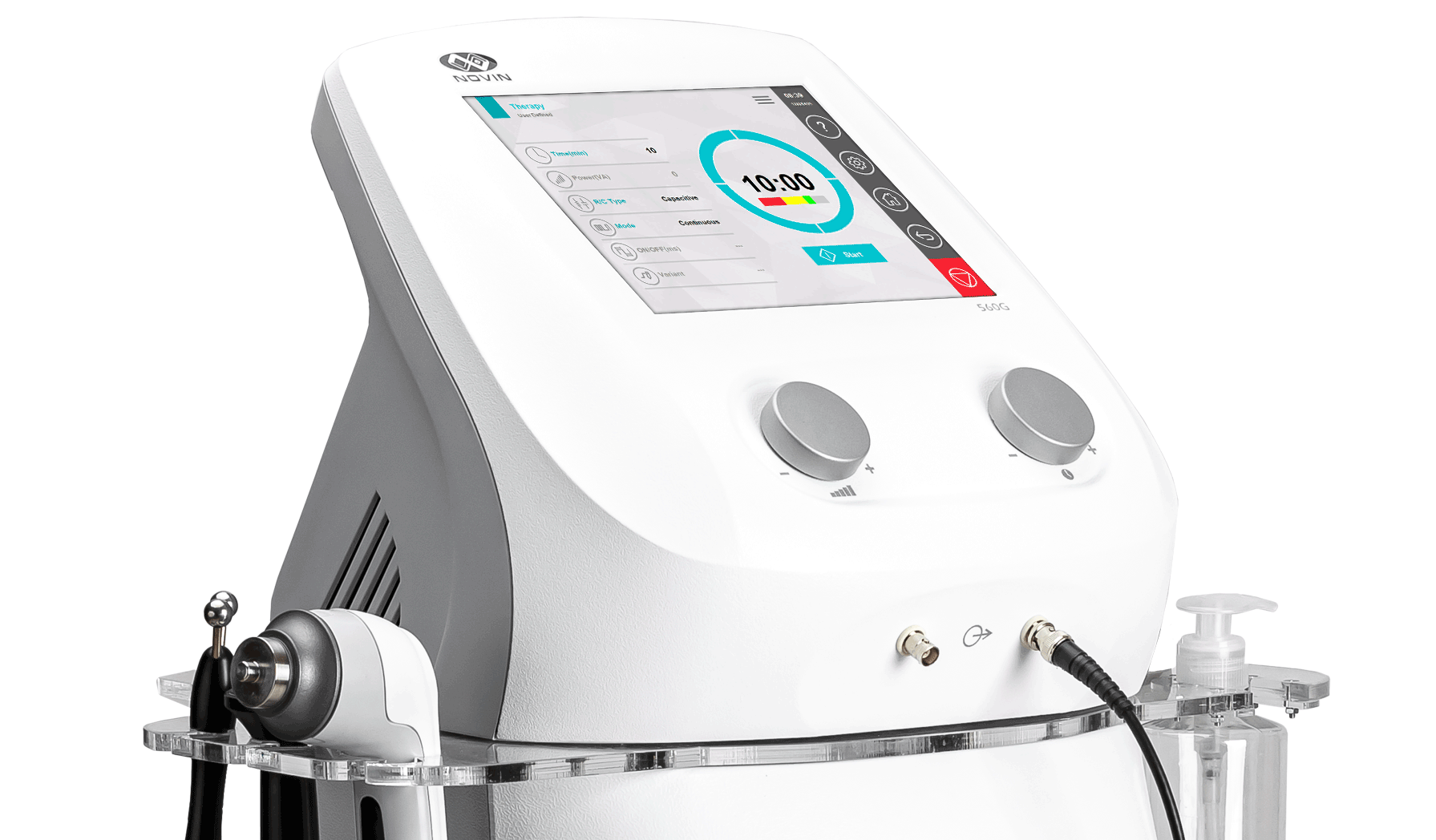
GUI
-
Equipped with a special multi-frequency Sweep mode, which allows the therapist to simultaneously treat superficial and deep areas.
-
The device's heat transfer feedback graph on the patient's body allows the therapist to continuously monitor the amount of heat transferred to the patient's body during treatment.
-
The device's suitable display angle ensures ease of use for the therapist. The therapist can easily adjust the necessary settings while standing or sitting without changing the color and transparency of the display.
-
Predefined treatment protocols based on credible scientific articles as well as additional information such as the number of treatment sessions, intervals between treatment sessions, size of the probe, and guide images for precise placement of the probes and real-time monitoring of the patient's position during treatment, along with a library of anatomical images of various upper and lower limb parts, facilitate communication between the therapist and the patient in addition to providing a wide range of device applications.
-
The ergonomic design of the probes and the possibility of combining manual therapy and exercise therapy with TECAR therapy make manual therapy easier.

Technical Specifications
| Frequency (Hz) | 350, 448, 680, 900, 1100 |
|---|---|
| Power (W) | 350 |
| Modes | Continuous |
| Preset Protocols | 33 |
| Display | Full color, multi-touch, 10-inch screen |
| weight (Kg) | Without trolley 4.6 |








